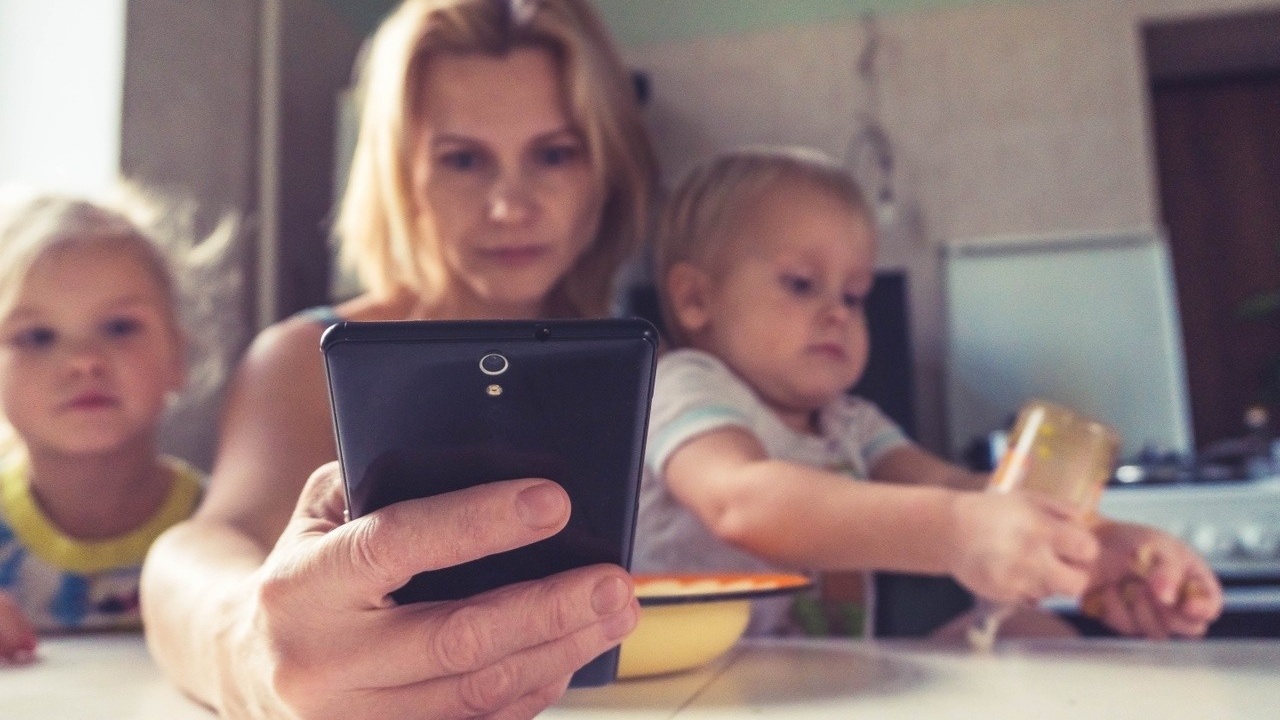Why You Should be Failing More at Life

Surgeon General Vivek Murthy recently issued an advisory warning that couples with kids now face a mental health crisis.
Why?
We're trying to succeed at everything and burning ourselves out in the process.
In Murthy's words, "compared with just a few decades ago, mothers and fathers spend more time working and more time caring for their children, leaving them less time for rest, leisure and relationships."
Murthy's point is that success used to mean becoming excellent at one thing.
You...
4 Ways to Escape The Inferno of Busyness

We have a question for you.
Why do you feel so busy?
At this point, you're probably thinking, "Is that a real question? I'm busy because I'm busy, because there's just so much shit to do."
Good answer. And it's true. We live in a unique period of human history, a time when all of us face an increasingly long list of stuff to do: pet dentist appointments, parent-Uber-ing kids to all manner of extracurricular activities, and thrice-weekly zone-two cardio workouts (thanks Peter Attia).
So...
Master The Relationship Superpower of Role Shifting in Marriage

Have you ever noticed that being in an intimate relationship is a lot like competing in a decathlon?
A winning decathlete can’t just be good at throwing a javelin. She must also excel at the high jump, running the 1600 meters, pole vaulting and a bunch of other seemingly unrelated events.
Likewise, in intimate relationships, you can’t just excel in one relationship role. You can’t just be amazing at sex or a wildly entertaining conversationalist or a superbly organized financial planner. Yo...
4 Lessons From Our 10-Week Family Sabbatical

Over the summer, we did something crazy.
For the first time in over 20 years, we took 10 weeks off from our work, left our home, and traveled to France. We went on Family Sabbatical.
We first came across this idea five years ago during our interviews for The 80/80 Marriage. Several couples told us, "The best decision we ever made was to take our kids on a Family Sabbatical."
We were persuaded.
So we spent a year and a half preparing for the trip. We learned French, a new language for us...
Press Pause When Things Get Crazy (Here's How)

Think about how most conflicts go down.
Your partner says something that triggers you, something like, “Why do you keep putting the bowls in the dishwasher the wrong way?”
You hear this as an attack, an affront to your self-image as a fully competent adult, capable of loading dishes without supervision.
Your mind starts to flood with thoughts, “What! Are you my boss now? Who cares if the bowls are facing the 'wrong' way?”
That's when it happens. Milliseconds later, you discharge all o...
How Much Slack Do You Have in Your System of Marriage?

The management scientist Edward Deming once said, "Every system is perfectly designed to get the results it gets."
Now, Deming was talking about large organizations and companies. But his insight applies perfectly to relationships for two reasons.
First, his words offer an important reminder. The results you and your partner are getting -- both good and bad -- aren't happening by random chance. They're created by an underlying system of habits, perfectly designed to give you those results.
...Why Your Partner Should NOT Be Your Everything

Here's a passage from Esther Perel's Mating in Captivity that just about knocked us off our chairs the first time we read it:
Today, we turn to one person to provide what an entire village once did: a sense of grounding, meaning, and continuity. At the same time, we expect our committed relationships to be romantic as well as emotionally and sexually fulfilling. Is it any wonder that so many relationships crumble under the weight of it all?
Perel's big insight? That we now expect everything...
Marriage is Like a Boat - What Do You Need to Throw Off It?

Imagine your relationship as a boat.
In this boat, you've got you and your partner. You might also have a kid or three. And then you've got parents, in-laws, friends, and extended family hanging off the stern.
Oh, and don't forget about things like careers, financial planning, daily logistics, shopping, Instagram and TikTok time, house repairs, laundry, cleaning, school events, and the thousand or so other things that take up space on this boat of marriage and life.
Now imagine what happens ...
Why Speed Is the Enemy of Understanding in Relationships

When you and your partner start fighting, all sorts of things happen.
Your heart rate increases.
Stress hormones pulse through your body.
Your muscles clench.
You become more defensive, less curious.
But there's something else that changes, something so subtle that it often flies under the radar of our awareness: everything speeds up.
The conversation shifts from a meandering 40 mph drive through the countryside to a 120 mph drag race.
And, just like driving, having contentious convers...
How to Relax? The Real Kind, Not the Netflix Kind

In this age of constant distraction and stimulation, we've forgotten how to relax.
Why?
Let us count the ways.
Parenting -- this task fills our days with endless emotional, mental, and old-school physical labor.
Work -- there's no such thing as a 9am to 5pm anymore. Nowadays, work involves the always-on, Whac-a-Mole-style, task of answering texts, calls, and emails at all hours.
Phones -- they now gobble up all the time that's leftover. The wait at the store. The delay at the doctor's o...

